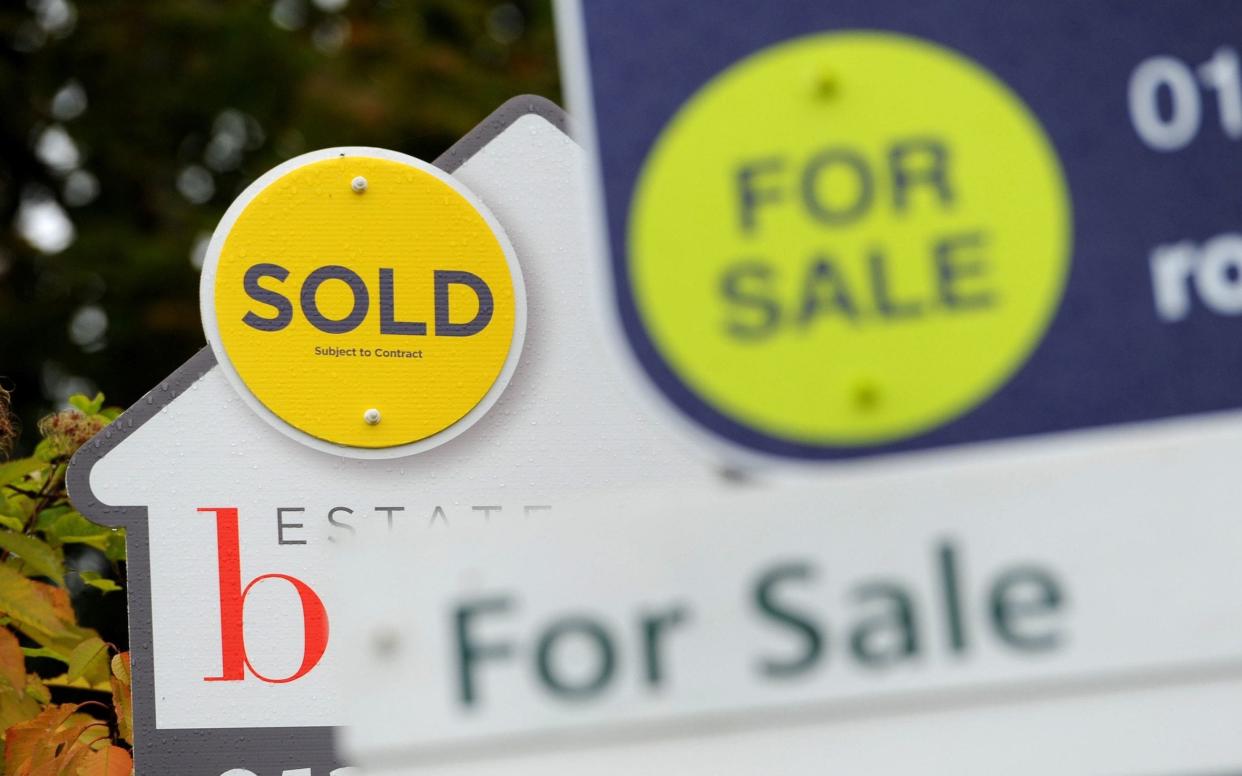Tax breaks for landlords to reignite buy-to-let market

Landlords will pocket thousands of pounds in savings thanks to the biggest tax boost for investors in years.
On Friday Kwasi Kwarteng, the Chancellor, announced a radical reform of the tax system, including stamp duty, corporation and dividend tax.
The tax cuts have been welcomed by landlords who have shouldered years of punishing tax and regulatory changes which forced tens of thousands of investors to leave the buy-to-let market.
Some landlords have now suggested the changes could slow the exodus by cushioning falling yields.
Adam Kingswood, of Kingswood Residential Investment Management, a buy-to-let specialist in Nottingham, said: “It’s the best tax break for landlords in years. I can’t remember the last time there was one.”
Landlords will benefit from the increase to the nil-rate threshold for stamp-duty tax, which has doubled from £125,000 to £250,000 in England and Northern Ireland, although the three percentage point surcharge on additional properties remains in place.
An investor purchasing a buy-to-let property for £250,000 has had their stamp duty bill immediately cut from £10,000 to £7,500 – a saving of £2,500.
The biggest winners are professional landlords who hold their properties in a limited company, of which there are 296,000 in the UK, according to estate agency Hamptons.
These investors could make annual tax savings of tens of thousands of pounds due to the reversal of the planned corporation tax rise to 25pc.
The rate will now remain at 19pc, saving an incorporated landlord with £250,000 in rental profits £15,000 a year in corporation tax, according to analysis by tax firm Blick Rothenberg.
George Parker, from Blick Rothenberg, said: “Any dividends taken from companies will also be at lower rates, due to the reversal of the 1.25pc dividend tax rise. Overall, it’s a win-win for buy-to-let investors.”
Mick Roberts, who owns dozens of properties in Nottingham and mainly rents to tenants on housing benefits, said the reversal of the planned corporation tax rise would save him £20,000. He said the move will have convinced incorporated landlords to stay in the game a little longer.
“If you were considering selling, then this reversal of corporation tax would make you think twice and keep your investments.
“There will now be some landlords, the good ones, with more to spend on their houses, whereas before they might not have had the spare cash.”
The Chancellor also abolished the “additional” rate of income tax at 45pc, instead lowering it to 40pc, and accelerated the cut to the basic rate of income tax from 20pc to 19pc, which will now come into force a year earlier than planned next April.
Smaller and accidental landlords will benefit from the basic rate tax cut, although investors would need to be high earners to reap any savings from the changes to the additional rate threshold.
The tax breaks come as landlords contend with soaring mortgage interest rates and looming energy efficiency rules, which if given the go-ahead could cost landlords £10,000 per property.
Experts have suggested investors may now funnel tax savings into property upgrades instead.
Mr Kingswood said: “I spoke with one landlord who said he was going to re-invest the stamp-duty savings towards energy efficiency works in his properties.
There will still be a good chunk of landlords beleaguered by years of tax hikes and punishing rules who won’t change their mind about selling up.”
The number of landlords turning to incorporation in an attempt to navigate tax changes has steadily increased since 2008. Last week’s overhaul, coupled with rising interest rates, could accelerate the trend.
In the first eight months of this year 35,519 buy-to-let incorporations were set up, compared with 34,711 in the same period in 2021. Investors in limited companies can still deduct mortgage costs from their income, an option not available to individuals.
David Fell, of Hamptons, said: “The drive towards incorporation is probably likely to gather pace from landlords as their cheap fixed-rate deals expire and they find themselves facing higher rates, a cost which they cannot fully deduct from their tax bill.”


